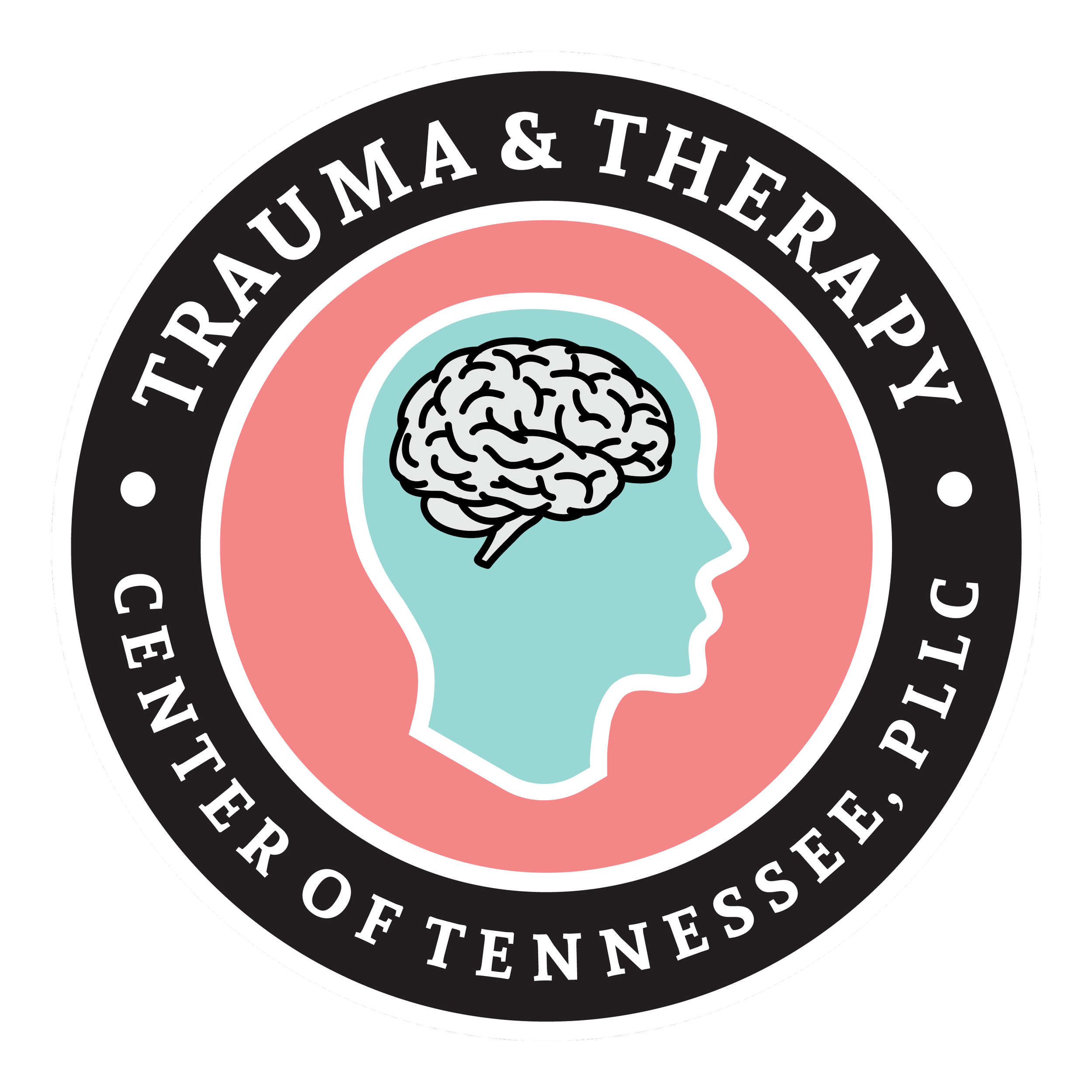Is Online Trauma Therapy as Effective as In-Person?
A Safe, Transparent Look from Tennessee Trauma Experts
Starting therapy is a brave step; doing it online can feel like an even bigger one.
If you're considering online trauma therapy, chances are you’ve asked: Will this actually work? Maybe you're worried it won’t feel as personal. Maybe you’ve tried other things before and are scared to get your hopes up. We hear that all the time. And we’re here to tell you not only is online trauma therapy effective, but it might just be the safest, most accessible way to begin healing right now.
The Truth: Online Trauma Therapy Is Proven to Be Just As Effective
Multiple studies show that online therapy is just as effective as in-person care for trauma, anxiety, depression, and PTSD, especially when it's trauma-informed, relational, and offered by trained specialists.
One recent study from 2024 published in the European Journal of Psychotraumatology found that:
“A substantial portion of patients no longer fulfilled the diagnostic criteria for PTSD four weeks after treatment (56%) and continued this trend at 6-month follow-up. Remote intensive treatments seem to be at least just as effective as in-person intensive treatments.”
At Trauma & Therapy Center of TN, we offer confidential telehealth therapy for clients in:
Clarksville, TN
Nashville, TN
Middle Tennessee
Kentucky
Georgia
Whether you're seeking EMDR, Brainspotting, Trauma-Informed Hypnosis, or ART, our virtual sessions create the same nervous system shifts as in-person therapy, and often with added emotional safety, privacy, and convenience.
“Sometimes, clients who were unsure about telehealth say it became their lifeline. They found a rhythm, a sense of privacy, and freedom they didn’t expect, and they actually went deeper, faster.”
What Makes Online Trauma Therapy Work?
There are four pillars that make online sessions not only effective, but sometimes even more beneficial:
Relational Safety – You’re still face-to-face with a trauma-informed therapist who knows how to create emotional safety, even through a screen.
Neurological Impact – Modalities like Brainspotting and ART work via the same brain pathways, whether you’re in an office or in your own home.
Nervous System Regulation – You’re often more relaxed in your own space, making the body more responsive to healing.
Consistency & Access – You can show up more consistently when logistics like driving, childcare, or traffic are taken out of the equation.
Why Our Trauma Care Works (No Matter the Setting)
The real difference isn’t the screen, it’s the model of care. Most therapy focuses on symptoms. We focus on root healing.
We are:
Specialists, not generalists
Collaborative, not cookie-cutter
High-touch, not high-volume
Whether online or in-office, our trauma therapists (based in Tennessee, Georgia, and Kentucky) use the following evidence-based modalities:
EMDR — For trauma stored in the brain and body
Brainspotting — To process trauma through eye position and body awareness
Trauma-Informed Hypnosis — For rewiring unconscious survival responses
Accelerated Resolution Therapy (ART) — To shift painful memories and sensations quickly
Our online trauma therapy sessions help your nervous system heal from the inside out, not just talk about the pain.
Common Concerns Versus What Actually Happens
-
It might for five minutes. Then your therapist will help you ground, breathe, and find your rhythm.
-
We’ve got backup plans: phone calls, video links, or rescheduling if needed. You’ll never be left alone.
-
That’s okay. You can cry in your car, lie on your couch, or hold a weighted blanket. This is your space. We’re right there with you.
-
We track progress, utilize neuroscience-based tools, and help you define your goals with clarity. You’ll never have to wonder if it’s working — you’ll feel the shift.
-
Professionals with high-pressure schedules
Military spouses or those in transition
Caregivers, educators, or first responders
Adults with childhood trauma who need privacy
Teens or college students who feel safer at home
Anyone in Tennessee, Kentucky, or Georgia who wants trauma therapy that actually works.
If you've been putting off therapy because of location, cost of travel, or fear of being seen, virtual sessions might be your best first step.
How to Get the Most Out of Online Sessions
Pick a safe, quiet space. Even your parked car can work if needed.
Use grounding tools. Bring something that calms you — a pet, a journal, or a weighted blanket.
Set a post-session routine. Drink water, journal, rest. Give your system time to integrate.
Communicate your needs. Tell your therapist what feels too much, what feels good, and where you want to go.
Be honest about doubt. If you’re unsure it’s working — say so. We’ll adapt the care to meet your needs.
Online and Built Around You
We built our virtual therapy model to feel just as safe and personalized as sitting in the room with us. Every session is trauma-informed, emotionally attuned, and tailored to your nervous system’s needs.
You don’t need to know exactly what to say. You don’t have to be “ready.” You just need a space that feels safe enough to begin.
Related Blog Posts:
What to Expect from Your First Online Therapy Session with a Trauma Specialist
